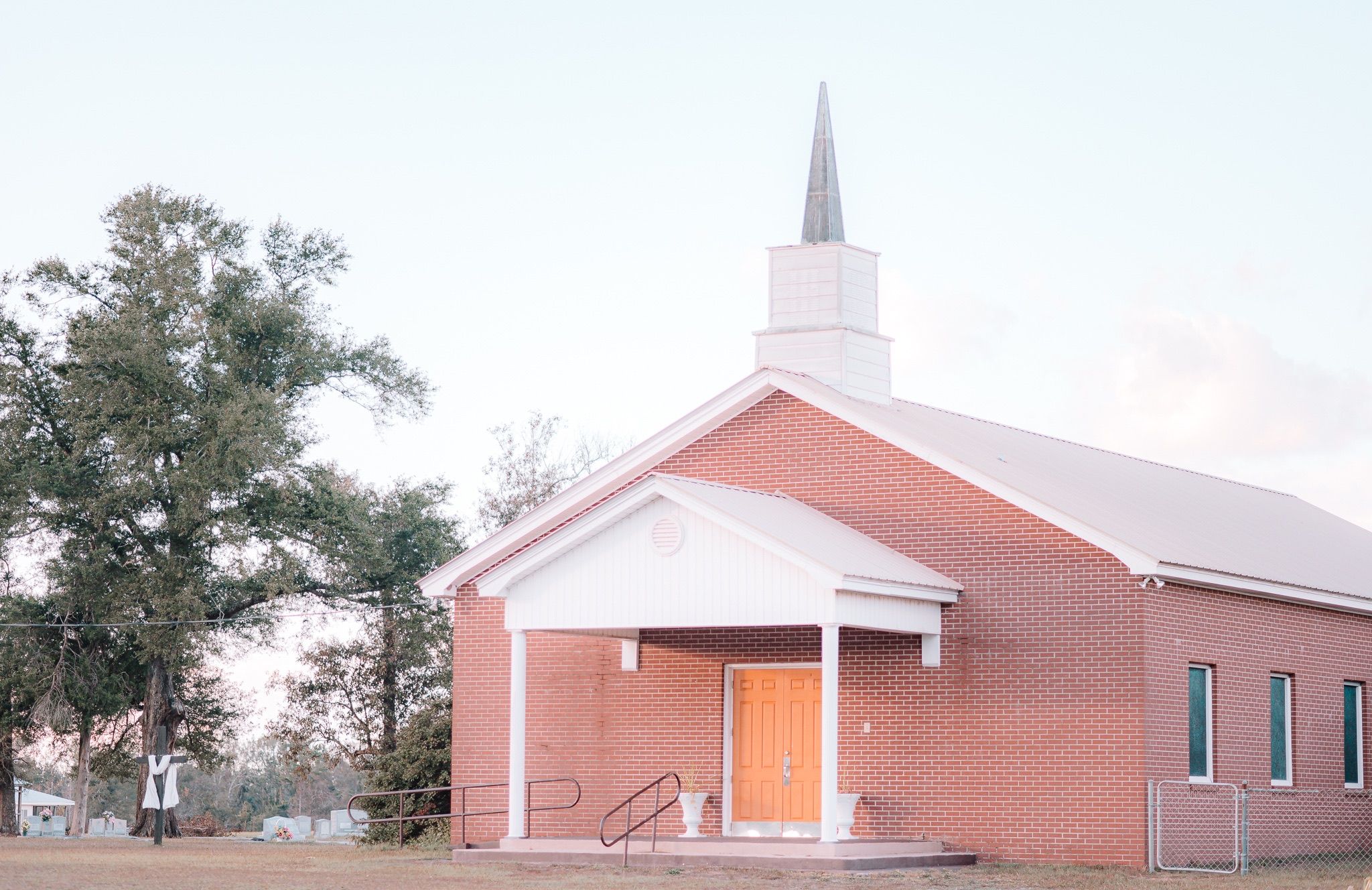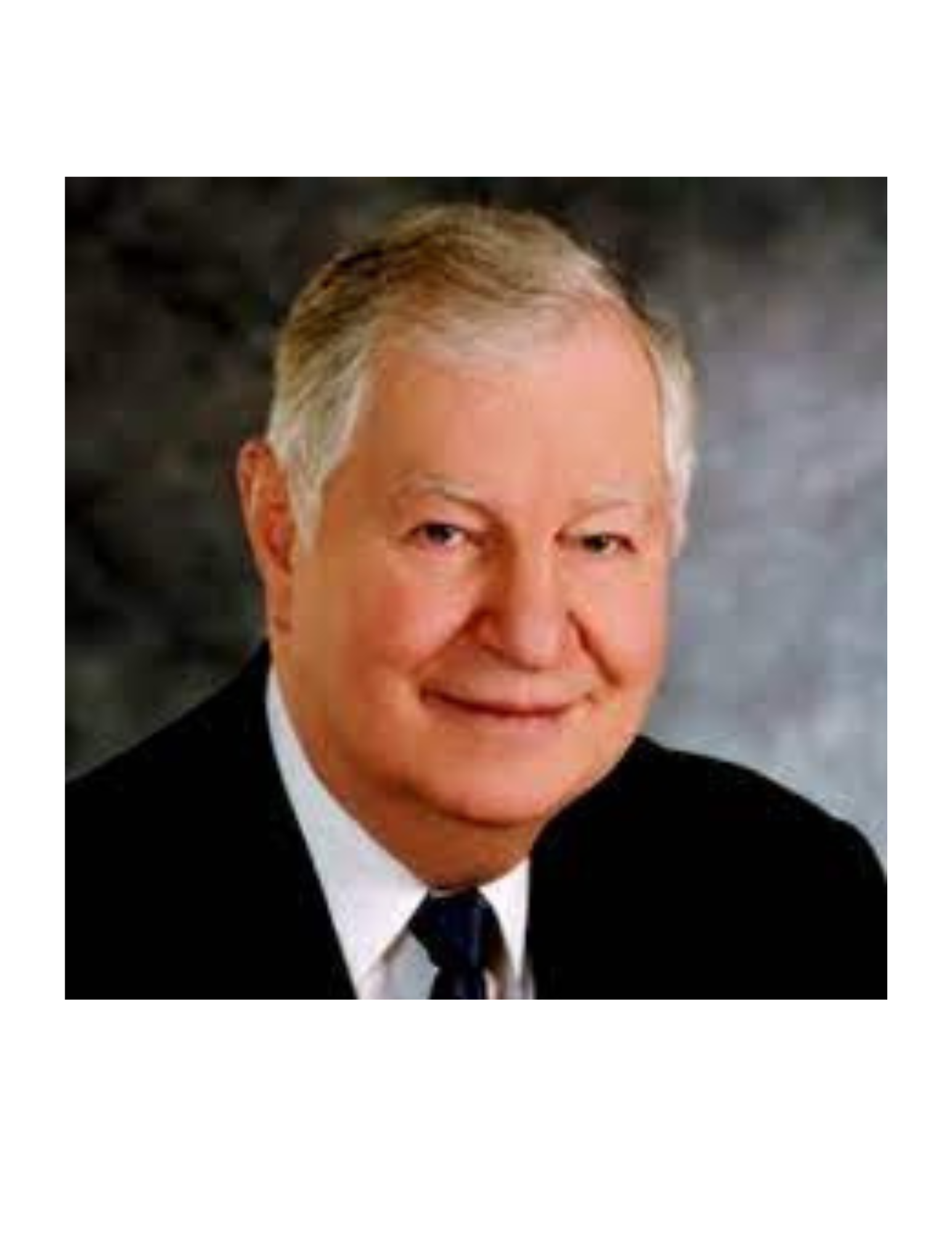Church Leadership in the Election Season
Church Leadership in the Election Season
Election season can be one of the most challenging seasons of your pastoral ministry. If you’ve been a church leader for the past ten years, I’m sure you can tell stories of discord, arguments, and conflicts in the church due to political tension. This tension can easily seep into your congregation and threaten the church’s unity and the mission that we Christians are called to uphold.
But this week on the Bootcamp episode 209, Jimbo and Bob gave us some helpful insight on navigating the upcoming election season. Here are some practical ways to handle the election season with unity and grace without sacrificing conviction.
Call Attention to Unity
The devil loves to attack church unity during a voting season. I remember when I was a seminary student during the 2020 election. Our family lived in Wake Forest, which was pretty conservative during that time. While the neighboring city, Raleigh, was much more liberal. Seeing the difference between the two cities while we lived there was surprising.
We went to a very healthy church in that area that did a great job of emphasizing unity during that season. But on campus, there were many wide-ranging conversations on the political spectrum. While I grew up in South Georgia, close friends of mine grew up in more urban areas with different political leanings. You can imagine the heated dialogue and probably have had a few of those yourself.
One thing that has become clear to me in working with churches is that if we don’t intentionally pursue unity, it won’t happen on its own. While many scriptures point to this reality, one of my favorites is Romans 12:16-18. It says, “Live in harmony with one another. Do not be proud, but enjoy the company of the lowly. Do not be conceited. Do not repay anyone evil for evil. Be careful to do what is right in the eyes of everyone. If possible, as it depends on you, live at peace with everyone.”
This is a scripture that teaches us that unity is something we must actively pursue with one another. Don’t neglect using the word to speak to the life of your congregation. Good leadership will allow you to counsel your flock in a way that teaches that we should give each other the benefit of the doubt. A church is filled with people who come from different backgrounds and experiences. While you preach on theological truth, Christian engagement can be met with differences, and that’s okay.
There is a difference between unity and uniformity. Not everyone in your congregation will vote the same way, and not everyone will have the same views and opinions politically as everyone else. But as Christians, we know that even if we aren’t all the same, we still have a strong commonality in Jesus Christ that will cause us to live in harmony with one another, even if our flesh enjoys strife.
Think Slow, Think Wise
Another pursuit as a church leader during this season should be wisdom. I was listening to a preacher once who said, “Real Christians can only vote for one party.” He said this in a large church with a balanced mixture of ethnicities, generations, and backgrounds. While many agreed with his sentiment, there was an awkward shifting of glares in the room.
 Such a statement seemed derogatory and unnecessary, especially for those who didn’t share the same opinion. While attempting to unify the church on voting matters, it actually caused tension and stirred up quite a bit of conversation that distracted from the church’s mission.
Such a statement seemed derogatory and unnecessary, especially for those who didn’t share the same opinion. While attempting to unify the church on voting matters, it actually caused tension and stirred up quite a bit of conversation that distracted from the church’s mission.
When we put political rivalries in black-and-white statements, we create a complex conflict within the church body. The church is not a polling booth (though some churches are used as polling booths). We cannot put unrealistic expectations on church members who are diverse in their thought processes and hold specific values over others.
Implementing wisdom also causes us to slow down on significant changes this season. If you are trying to change the ministries of your church or some other significant change during the political season, don’t be surprised when you get met with more pushback than average. Sometimes, stepping back and calculating your church culture before doing anything that might cause division is good.
During this season, use wisdom to help your church focus on biblical truth and Christian living. Don’t add something that can become fodder for unity. This includes things like social media. We have to be skilled as leaders in addressing polarizing issues from different angles. Social media throws context out of the water. When we say things on social media versus in person, it’s difficult to read and understand its meaning. Don’t use social media in a way that causes confusion or conflict.
Be a Well-Rounded Teacher
One of the most helpful things you can do is teach through several topics related to the political season. For example, when you teach on the connection between God’s sovereignty and man’s responsibility, church members can rest in that while their candidate may not have won, they can still know that God is in control and has a plan. 
When we teach our congregations about how Christians interact with the culture around us, your church recognizes that even in conversations with others, we should seek to be peaceful, winsome, and full of love towards the outside world. Amid rivalries, Christian speech should be seasoned with salt. There should be no unwholesome talk that comes out of our mouths.
When we teach about the difference between God’s kingdom and man’s kingdom, we help our congregations live in a way that first and foremost honors God and doesn’t idolize political candidates. We should desire to equip our people not only to know but also to understand that our hope is not in elections or government leaders.
A well-rounded leader will help their church understand that Christians are Christians in the polling booth and the church. While we shouldn’t use the pulpit as a political tool, there are undoubtedly biblical values to highlight and point to during this season. During this season, may we echo the words of Paul in our ministries: for I did not shrink from declaring to you the whole counsel of God (Acts 26:27).















